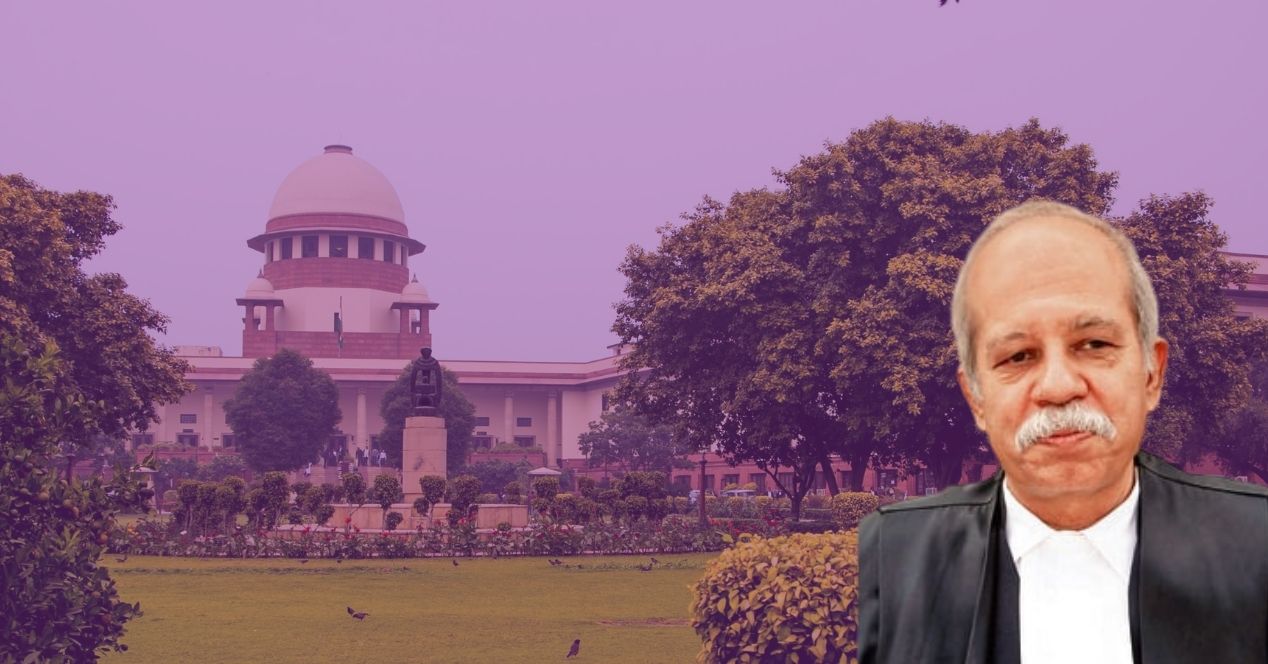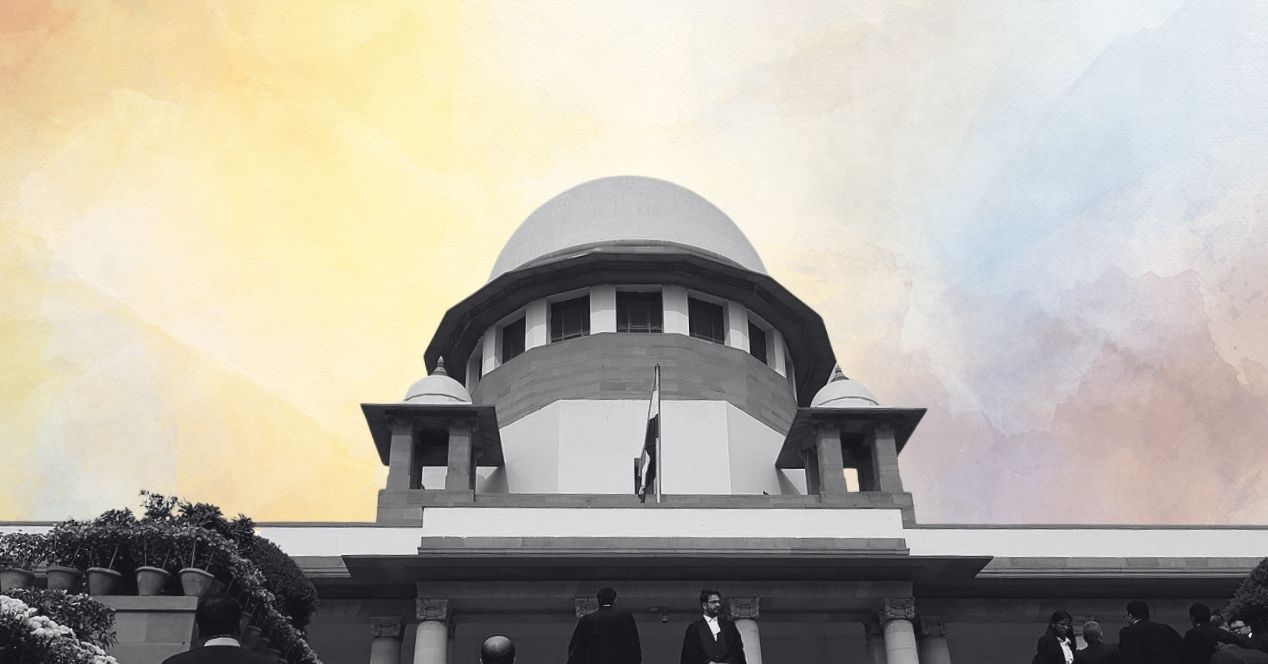Analysis
Justice Akil Kureshi Retires Without Elevation to the Supreme Court
DESK BRIEF: Justice Akil Kureshi's retirement marks another chapter in India’s history of Executive interference in judicial appointments.

On March 5th, 2022, Justice Akil Kureshi retired as Chief Justice of the Rajasthan High Court. Commentators argue that the gradual ascendance of the Bharatiya Janata Party (BJP) is what prevented the elevation of India’s “second-most senior High Court Judge” to the Supreme Court. Kureshi J’s retirement marks another chapter in India’s chequered history of Executive interference in judicial appointments—which happens through an independent Collegium system.
Just under three decades into his legal career, Kureshi J was appointed as a Judge at the Gujarat High Court in 2010. With Kureshi J standing firm during politically charged hearings, the State Government’s distrust in his judicial capabilities was well known. In 2010, he remanded then State Home Minister Amit Shah to police custody in the controversial Sohrabbudin fake encounter case. The Gujarat State Government later demanded that he recuse himself from BJP MLA Maya Kodnani’s trial for her involvement in the 2002 Gujarat communal riots.
In 2019, the Union Government rejected the Collegium’s recommendation to appoint Kureshi J as Chief Justice of the Madhya Pradesh High Court. The Collegium instead appointed Kureshi J as Chief Justice of the Tripura High Court, a smaller jurisdiction with fewer cases.
Some suggest that the Union Government influenced Kureshi J’s elevation to the Supreme Court as well.
Among other considerations such as merit and representation, seniority plays an important role in the Collegium’s decision of which Judges get elevated to the Supreme Court. Kureshi J has been among the senior-most High Court Judges in the country since 2019. Despite this, the Collegium has never recommended his name for elevation to the Supreme Court.
Kureshi J’s non-appointment caused concerns even within the Collegium. In 2021, Justice Nariman reportedly vetoed all recommendations for elevation to the Supreme Court for two years, insisting that Kureshi J’s name must be recommended first. Almost immediately after Nariman J’s retirement in August of 2021, the appointment of nine new Judges was recommended by the Collegium and cleared by the Executive.
As of Nariman J’s retirement, nine out of the 36 sanctioned offices at the Supreme Court were vacant. Last week, Kureshi J retired from service without ever becoming a Supreme Court Judge—a course of events he ultimately stands by, as he made clear in his farewell speech:
“Regarding changing my recommendation for Chief Justice of MP High Court to Tripura High Court, it is stated that the Government had some negative perceptions about me based on judicial opinions. As a judge of the Constitutional Court whose most primary duty is to protect the fundamental and human rights of the citizens, I consider it a certificate of independence.”
To read more of the Supreme Court Observer’s incisive journalism on the many shades of judicial appointments made by the Collegium, click here.



